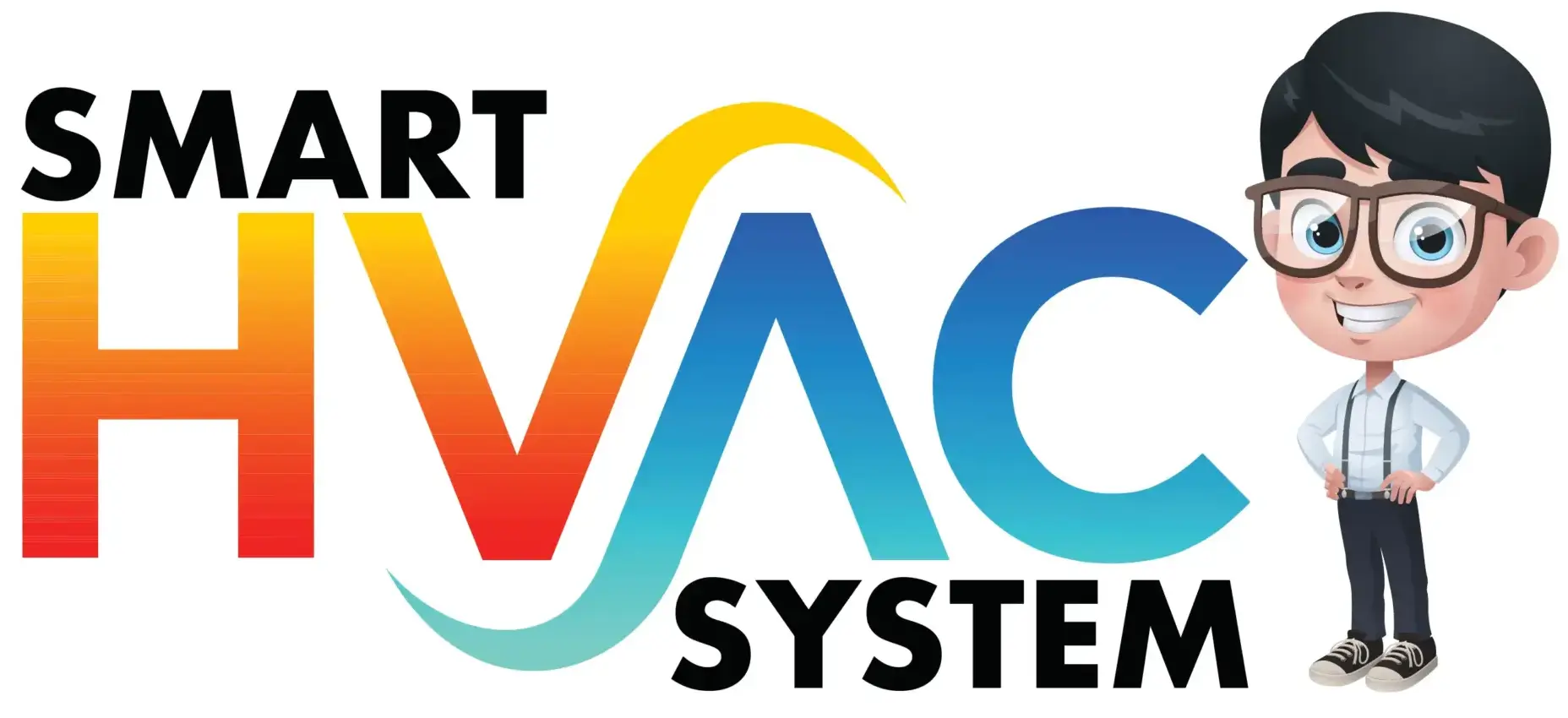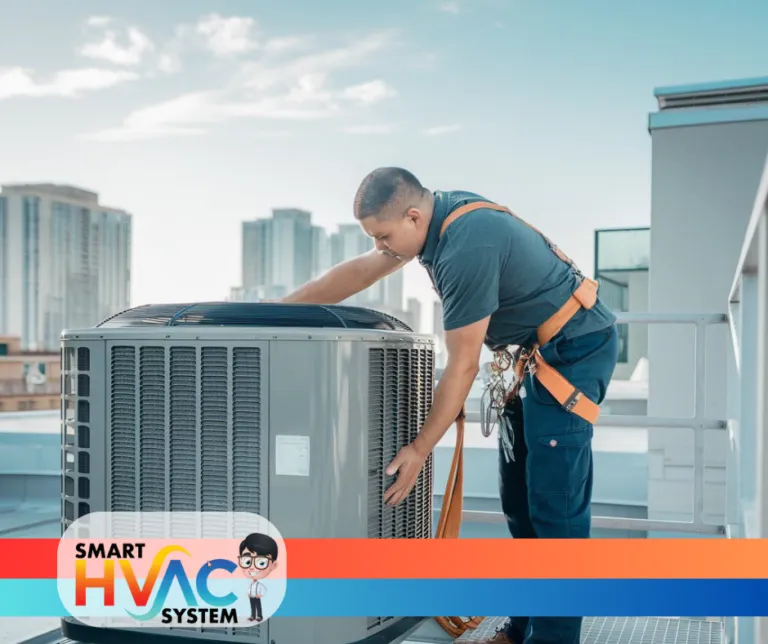Air conditioning systems are essential for maintaining indoor comfort, but like any appliance, they can develop issues over time. Understanding common problems, their causes, and possible solutions can help homeowners address minor repairs and know when to call a professional. This guide covers everything you need to know about air conditioning repair.
Common Air Conditioning Issues and Solutions
1. AC Not Cooling Properly
If your air conditioner is running but not cooling effectively, the issue could be a dirty air filter, low refrigerant levels, or a malfunctioning compressor. A clogged air filter restricts airflow, reducing cooling efficiency. Replacing the filter regularly can improve performance. If the refrigerant is low, it may indicate a leak, which requires professional repair.
2. Weak Airflow from Vents
Weak airflow can result from a clogged filter, blocked ductwork, or a failing blower motor. Checking and replacing the filter is the first step. If the problem persists, have an HVAC technician inspect the ducts and motor.
3. AC Constantly Turning On and Off (Short Cycling)
Short cycling can occur due to a faulty thermostat, an oversized AC unit, or a refrigerant issue. Ensure the thermostat is properly calibrated and positioned away from direct sunlight. If the issue continues, a technician can determine whether your AC system is appropriately sized for your home.
4. Unusual Noises from the AC Unit
Banging, grinding, or squealing noises can indicate loose components, motor problems, or debris inside the unit. If you hear loud or unusual sounds, turn off the system and have it inspected to prevent further damage.
5. Water Leaks Around the AC
Excessive water pooling around the AC unit is often due to a clogged condensate drain line, frozen evaporator coils, or a refrigerant leak. Cleaning the drain line can help, but persistent leaks require professional attention.
6. AC Won’t Turn On
If your air conditioner doesn’t start, check the thermostat settings, circuit breaker, and power supply. If these appear normal, the issue could be with the capacitor, wiring, or compressor, which should be inspected by a professional.
When to Call a Professional
While some minor AC issues can be fixed with basic maintenance, more complex problems—such as refrigerant leaks, electrical failures, or compressor malfunctions—require the expertise of an HVAC professional. If your AC continues to malfunction despite troubleshooting efforts, it’s best to schedule a professional repair to avoid further damage.
Preventative Maintenance Tips
Regular maintenance can help prevent costly repairs and extend the lifespan of your air conditioning system. Here are some essential maintenance tips:
- Replace air filters every 1-3 months to maintain airflow and efficiency.
- Keep the outdoor condenser unit free from debris, leaves, and dirt.
- Schedule annual HVAC inspections to detect potential issues early.
- Clean and inspect the ductwork for blockages and leaks.
- Ensure proper thermostat calibration for accurate temperature control.
Final Thoughts
Air conditioning repair is crucial for maintaining indoor comfort and energy efficiency. By identifying common issues early and performing regular maintenance, homeowners can reduce the risk of breakdowns and expensive repairs. When in doubt, consulting an HVAC professional ensures that your AC system remains in top condition year-round.

